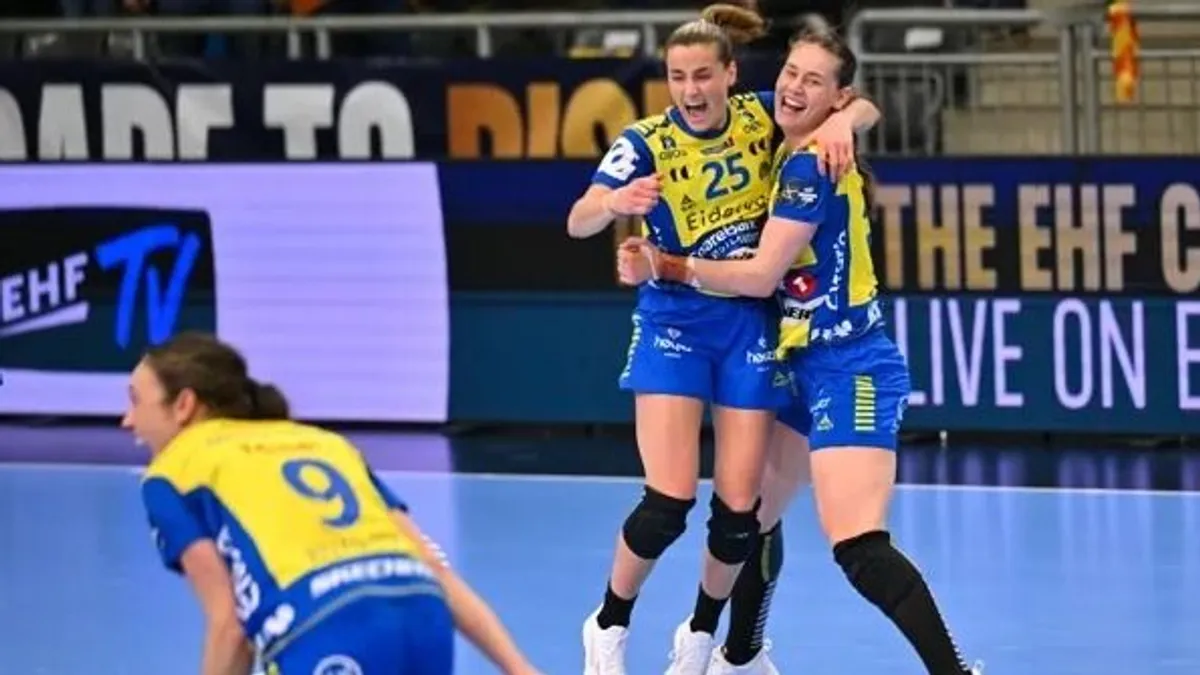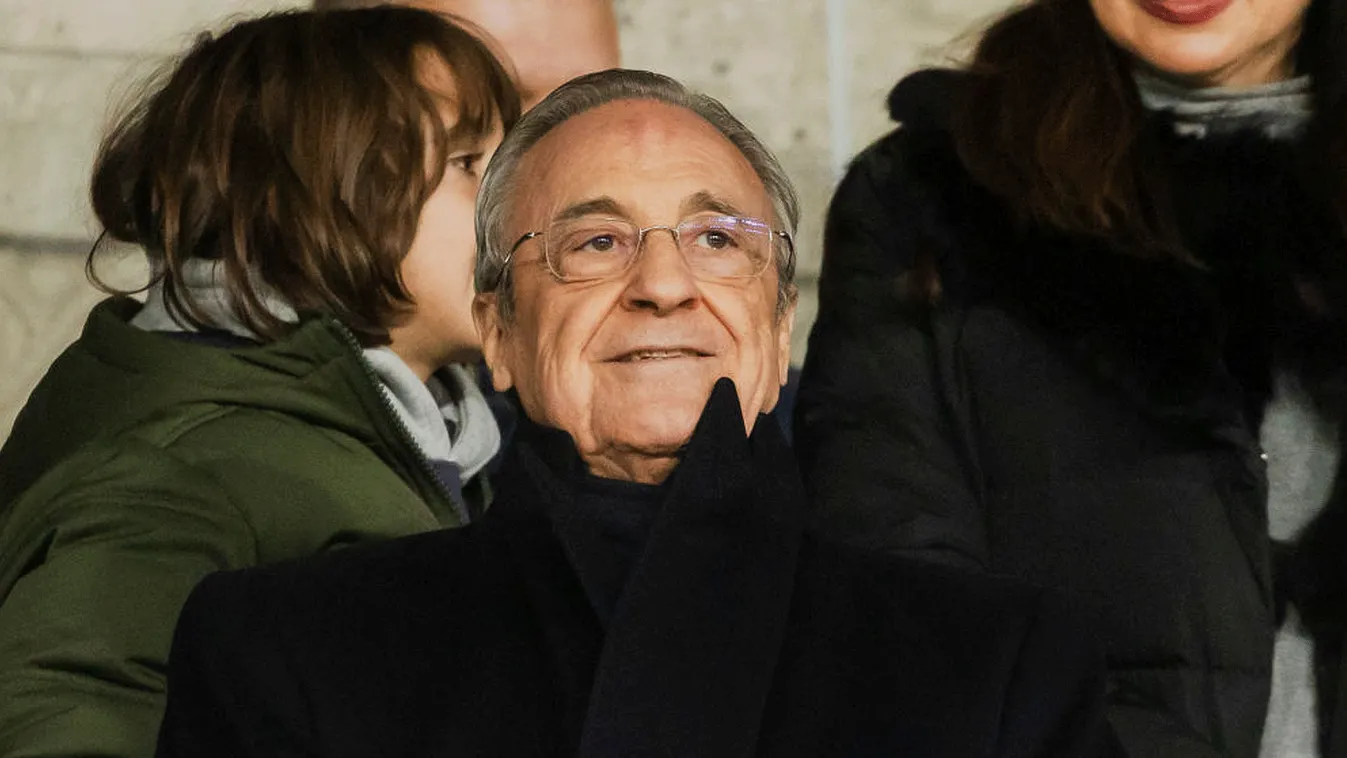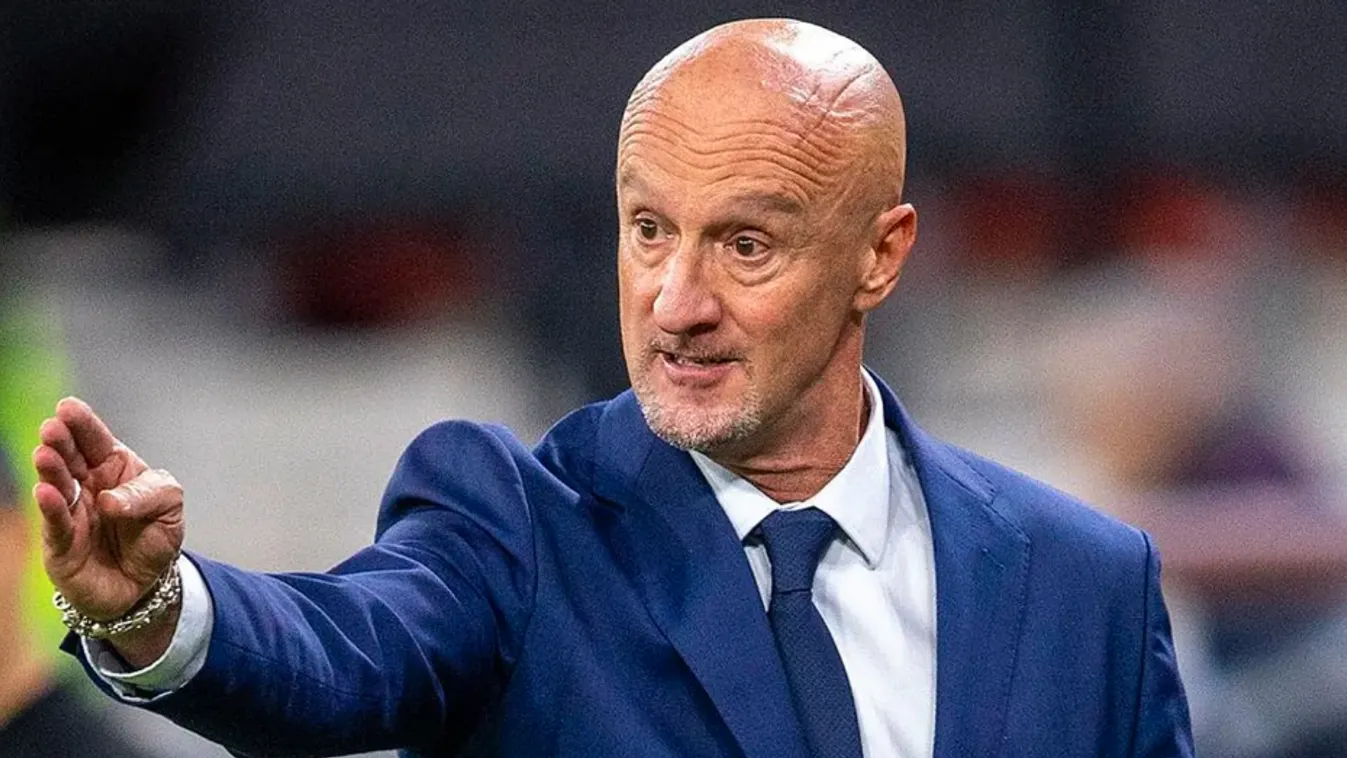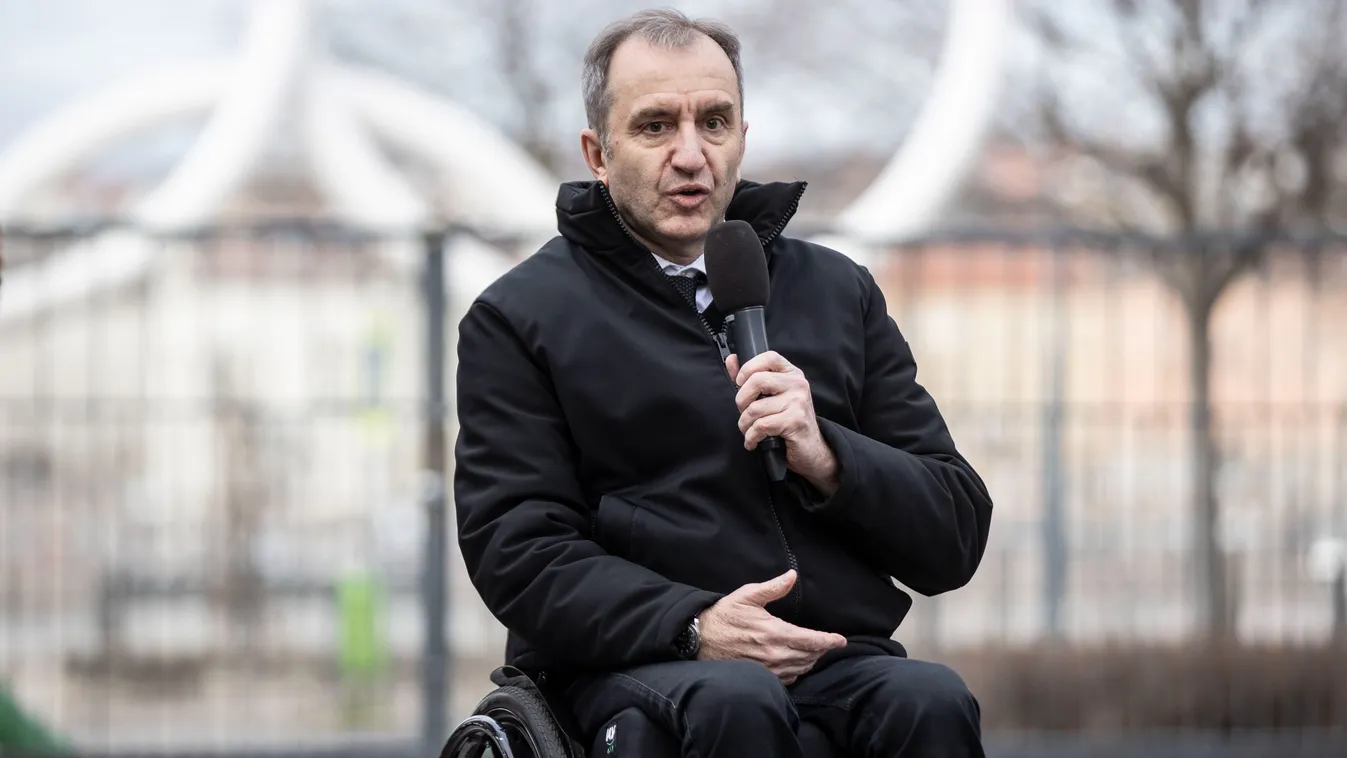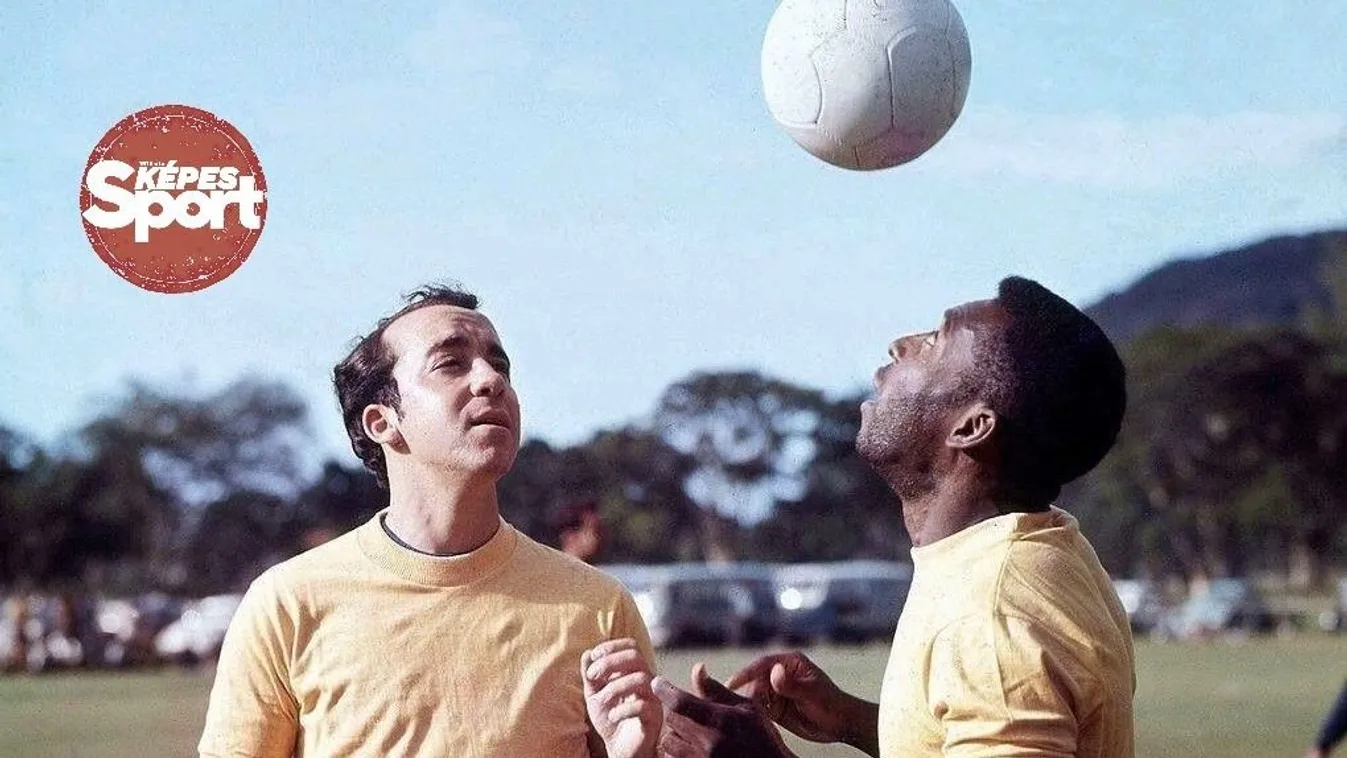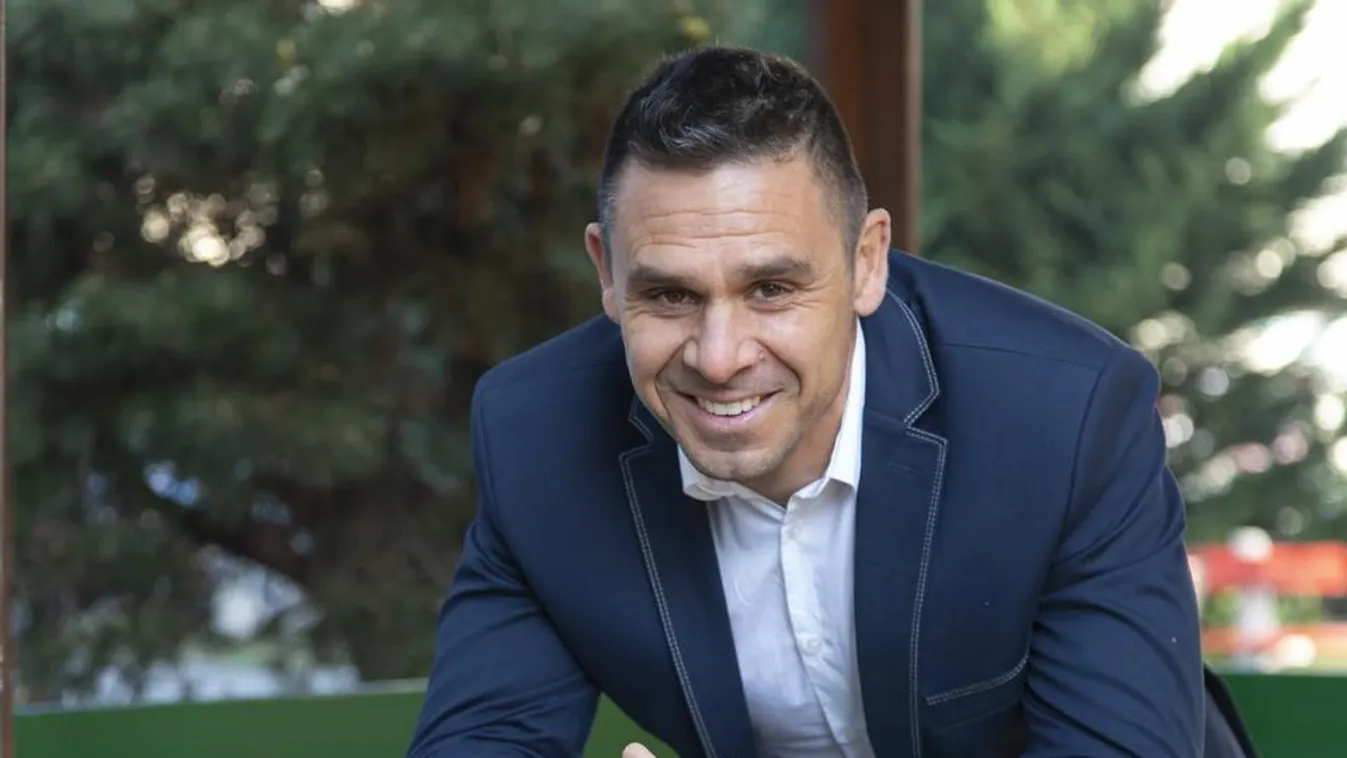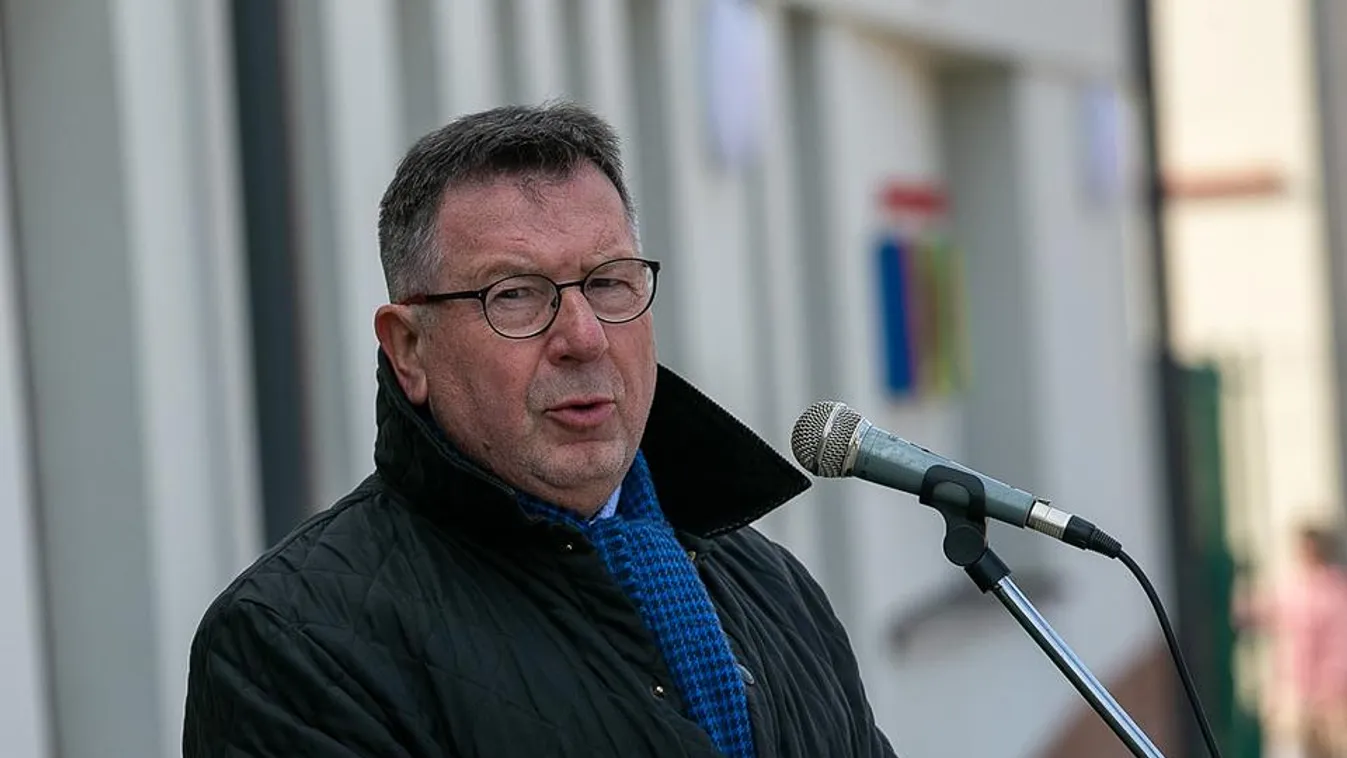From sports to the Parliament – athletes, sports directors in the political ring
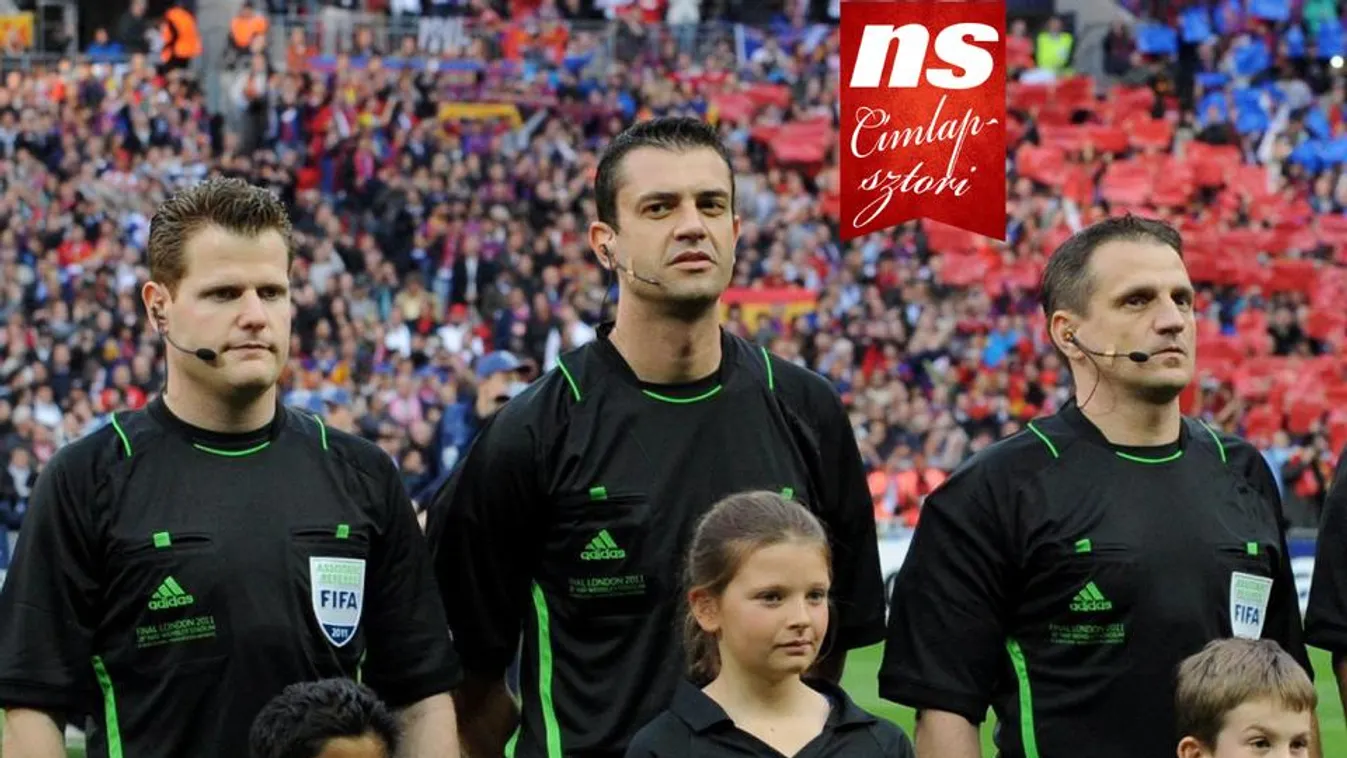
The forthcoming parliamentary elections on will be held on April 3. Many well-known athletes and sports directors are running for the governing parties and for the opposition side as individual electoral candidates or on the party list.
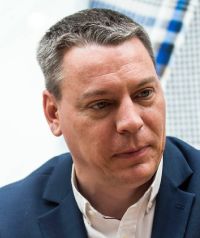
There is a long tradition of respected sportsmen playing a role in politics. For example, István Friedrich, Prime Minister of the post-Hungarian Soviet Republic, was a national team footballer (although he only appeared in the national jersey once in 1904) and was elected President of MLSZ in 1922. The Rákosi era exploited sports for its propaganda purposes, and legendary Golden Team central midfielder József Bozsik became a Member of Parliament in 1950. Though he was not actively involved in politics and continued focusing on football only.
Popular athletes also appeared in the regime-changing parties. Three-time Olympic champion water polo player Dezső Gyarmati became a Member of Parliament for MDF, two-time gold medalist modern pentathlete Ferenc Török became an MP for SZDSZ. Footballer Máté Fenyvesi, who passed away recently, was also elected to the National Assembly on the third free election. There are also members with a good sports background in the recent parliament. Tünde Szabó, Secretary of State for Sports, and Ádám Steinmetz, Jobbik politician, will compete again in the elections in April.
A number of politicians who are the head of sports clubs or sports federations will also be in the ring on April 3. Tamás Deutsch, President of MTK (and the National Association of Sports Clubs), Gábor Kubatov, President of Ferencváros, István Simicskó, President of Budapest Honvéd, Kristóf Szatmáry, BVSC's director and András Tállai, President of Mezőkövesd Zsóry, will be running on behalf of the governing parties. István Bajkai (Hungarian Boxing Federation), Máté Kocsis (Hungarian Handball Federation), Lajos Kósa (Hungarian National Skating Federation), János Lázár (Hungarian Tennis Federation), Szilárd Németh (Hungarian Wrestling Federation) and Ferenc Szalay (National Association of Hungarian Basketball Players) are the heads of the sports federations. György Gattyán, vice-president of the International Teqball Federation, is leading his own political movement.
In our compilation, we present those candidates with an outstanding sports background, either as rookie or experienced politicians, who have accepted the candidacy.
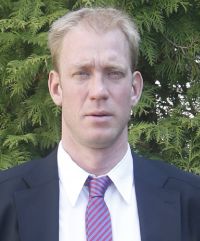
ÁDÁM STEINMETZ
Olympic water polo player
Individual electoral precinct:Somogy County 03
Rank in party list:56
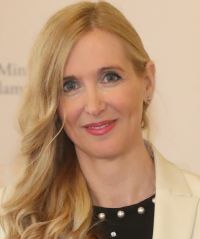
TÜNDE SZABÓ
Olympic silver medalist swimmer, Secretary of State for Sports of the Ministry of Human Resources
Individual electoral precinct:Szabolcs-Szatmár-Bereg County 01
Rank in party list: 68
She would certainly be an Olympic champion if she were not from the same generation as Krisztina Egerszegi, after whom she finished second in 100m backstroke at the Barcelona Olympics and at the 1991 World Championships in Perth, and at the 1991 European Championships in Athens in 100m and 200m backstroke. She went from a successful athlete to a successful sports director, and she is currently the Secretary of State for Sports of the Ministry of Human Resources. She has been a Member of Parliament since 2018 and is Fidesz-KDNP party alliance's candidate in the parliamentary elections in April.
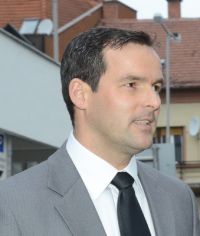
PÉTER BALASSA
Former footballer
Individual electoral precinct: –
Rank in party list:31
The political career of Jobbik's regional director in Szombathely began when the party asked him to be a candidate for mayor in the 2010 municipal elections as a well-known face was needed for the campaign. And who could be better known in Vas County than a footballer at Haladás? He was born in Sárvár in 1975. The footballer played for Haladás between 1993 and 2000 and from 2002 to 2009. He played for DVSC and Videoton during the two years in between.
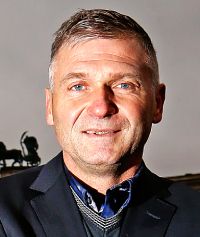
LAJOS DÉTÁRI
Former footballer, coach
Individual electoral precinct: Budapest 09
Rank in party list:17
György Gattyán, the leader of the recently formed party, Solution Movement, tried to invite as many celebrities as possible to be candidates. He said it was epic that he hardly needs to be introduced to anyone: the seven-time World XI midfielder, capped 61 times for Hungary, was a legend on the pitch, is immortalized by goals such as a free-kick curled into Poland's net from a sharp angle or the goal into the Bochum's net with which he and his team won the 1988 German Cup final. As a coach, he was a great "Bird of Passage,” and he could not repeat the success he achieved as a player.
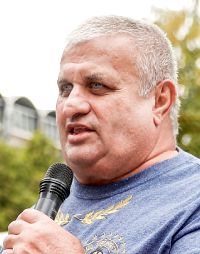
LÁSZLÓ FEKETE
Former strongman
Individual electoral precinct: –
Rank in party list:20
In the 1980s and 1990s, he achieved great results in the "The World's Strongest Man" competitions. He became a World champion in 1994 and 1996, a European champion in 1992, and a World Cup winner in 1993. Between 1988 and 1997, he held the title of Hungary's Strongest Man. He is the founding president of the World's Natural Strongman Federation. He is running on the party lift in the colors of Our Homeland Movement.
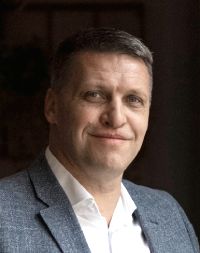
CSABA BARTÓK
Former handball player
Individual electoral precinct: Csongrád-Csanád County 01
Rank in party list: 157
The 51-year-old former handball player, born in Odorheiu Secuiesc, Transylvania, moved to Hungary at the age of 20 to join the Tisza Volán team in Szeged. He played there for ten years, and after a two-year journey in Spain (Ademar León), he was a handball player for Fotex Veszprém between 2002 and 2004. He has a championship gold medal and a national cup victory with Szeged, Spain and Veszprém, and with León, he played in the European Cup Winners' Cup final in 2001. He became president of Fidesz in Szeged and became an MP in his constituency in 2018. One of his opponents is now chess player Péter Lékó's mother, Julianna Lékó, the candidate of the Our Homeland Movement. His two children also play sports, Csaba Bartók is a sports shooter and Donát Bartók is a handball player.
Gábor Erős, former international referee, is Fidesz' candidate for electoral precinct No2 of Komárom-Esztergom County. He participated in the World Cups and the Champions League finals as an assistant referee, and now he is fighting for a parliamentary seat.
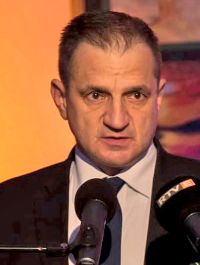
– I was offered to be a municipal delegate in 2014–told our portalGábor Erős,former FIFA assistant referee at the 2010 World Cup and the 2011 Champions League final, and Chairman of the Komárom-Esztergom County Referees Committee. He is running as an individual candidate for Fidesz-KDNP, and he is known to have fought a great battle of his life with the dreaded disease. – In the first term, I was chairman of the Committee of Public Education, Youth and Sports. In addition to the work of delegates, I also worked as an assistant referee in Hungary and at international matches until December 2016. After the end of my career, I was elected chairman of the Komárom-Esztergom County Referees Committee in 2017, and I have been serving as one ever since.
– In 2019, you were re-elected as a municipal delegate, and mayor Ádám Hernádi was offered to take the position of deputy mayor, which the board voted on. Now you're a parliamentary candidate. Why did you decide to run?
– I'm honored to be offered this job. At first, I represented a district in Esztergom, then as deputy mayor, I represented the whole city, and I still do. The next step can be to represent the entire constituency if the people living here give a vote of confidence. It has always been important to me to create an environment that provides the right conditions for people living in the area. There are thirty municipalities in the constituency, and I think it is important that we work together with the mayors and the leaders of civil society organizations. I am aware of many of the local difficulties, but the mayors have a much better understanding of the problems of their own environment. This is why we need face-to-face meetings and ongoing consultation so that we can move forward together if I get elected. The foundations for the modernization of the region are already in place. A lot of development and investment has been made in recent years. I believe that we must keep them on the right track, for which cooperation and support from the people living here are essential.
– You reached the top in football refereeing. You have participated in the Champions League finals, World Cup semi-finals, Olympic finals, and many prestigious football events. What has helped you in your career as a referee and you can still benefit from it?
– The campaign should be tough, but fair. The opposition candidates are not my enemies, they are my opponents. Respect and honesty are essential in such a political competition, and that was our principle as football referees. My endurance and adaptability are above average, even in difficult situations – refereeing taught me that, too.
– What do you expect from the parliamentary elections?
– As a sportsman, I hope for a fair battle. I hope that we can continue the work started by the government if the people of the region vote for me.
– You were Viktor Kassai's assistant for many years. What is your relationship like now?
– We chat every day. He is not only my former colleague but also my friend. The years spent in football have made us inseparable not only with Viktor but with Tibor Vámos and György Ring as well.
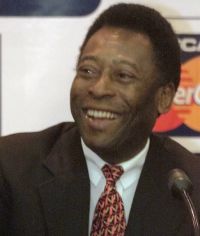
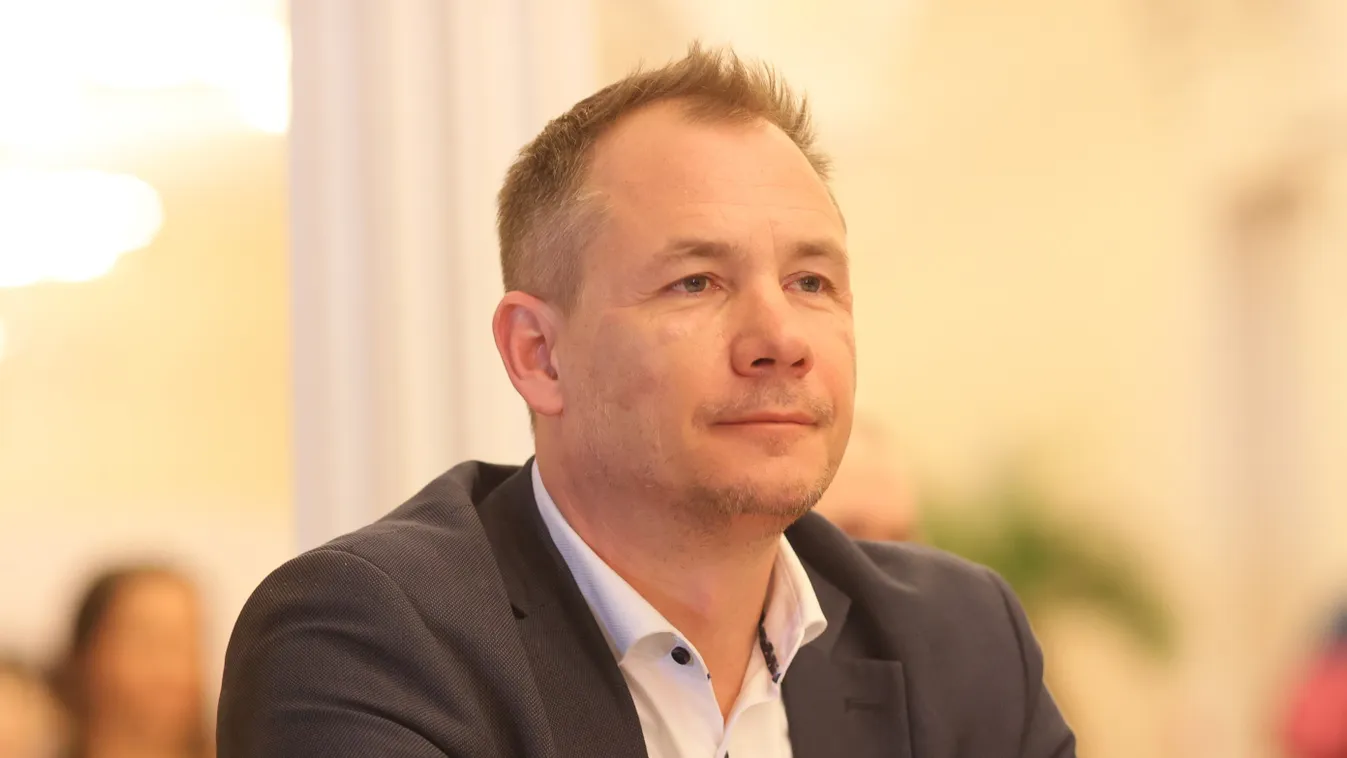
A MOB bukott elnöke a Tisza Párt rendezvényén szónokolt
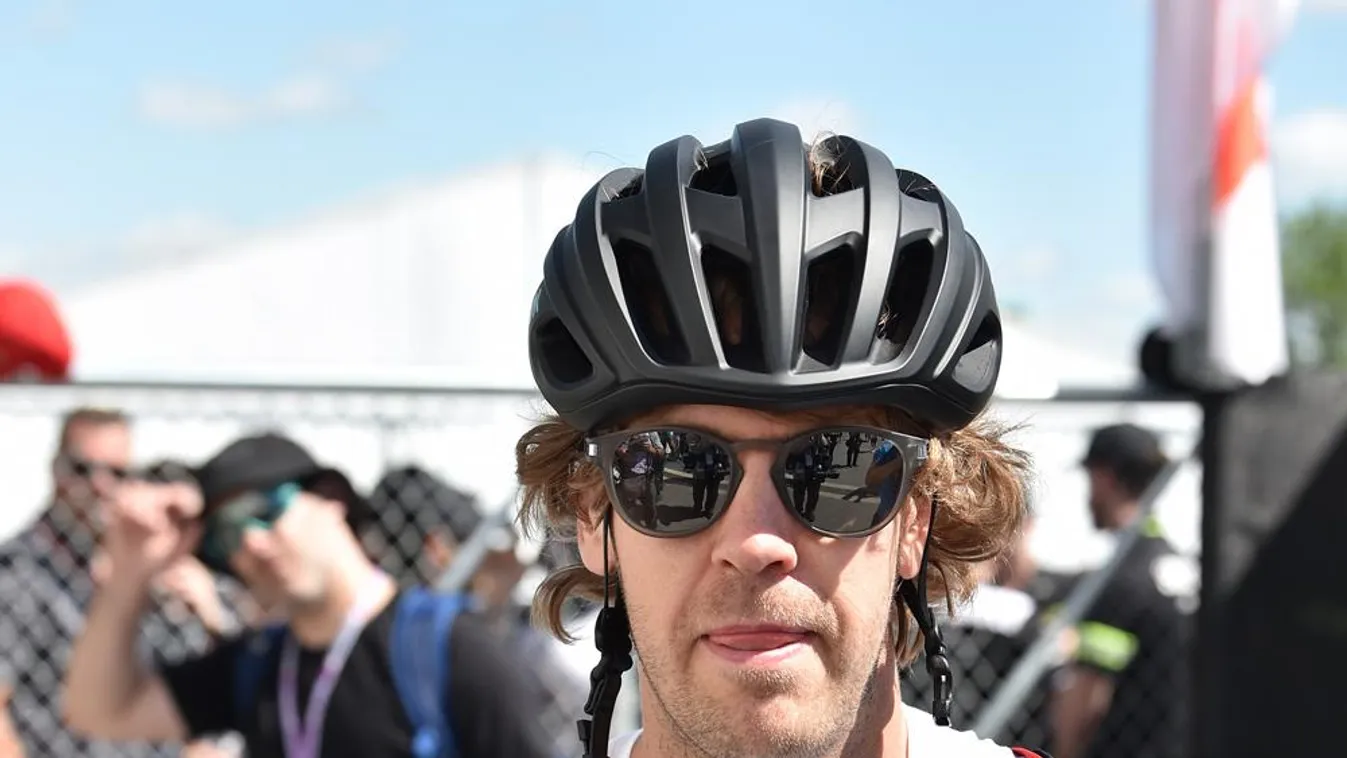
Az F1-ben is betiltják a politikai szimbólumok használatát
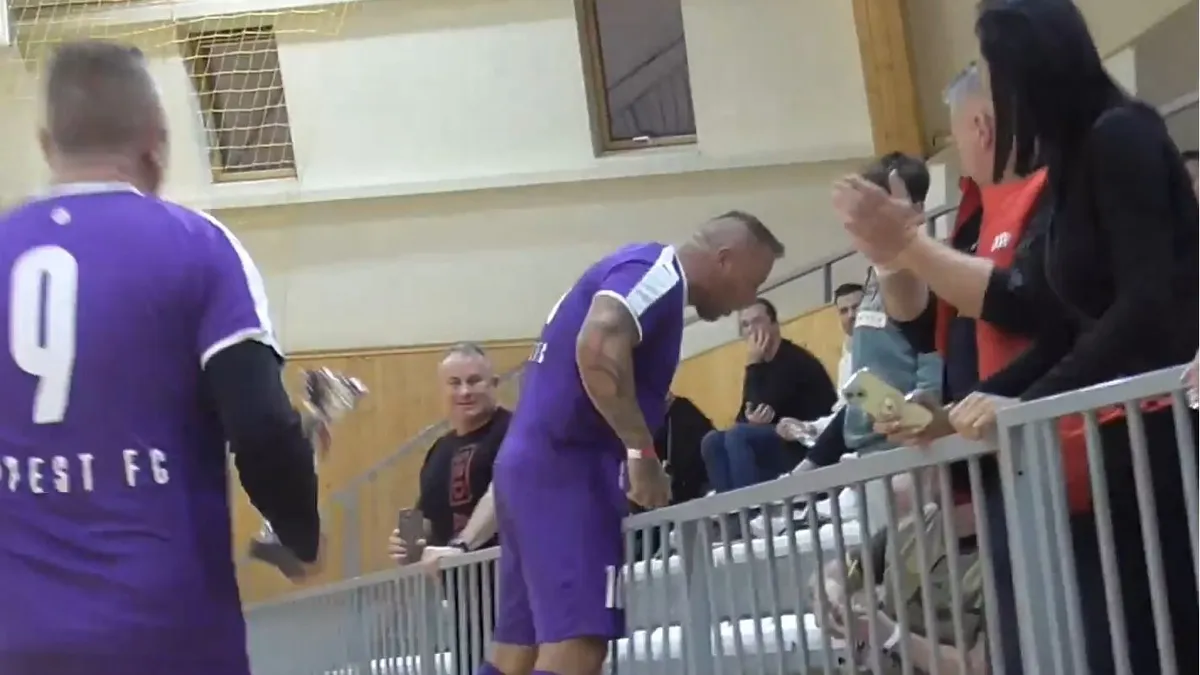
Curtis pofonvágta az őt gyalázó szurkolót a lelátón
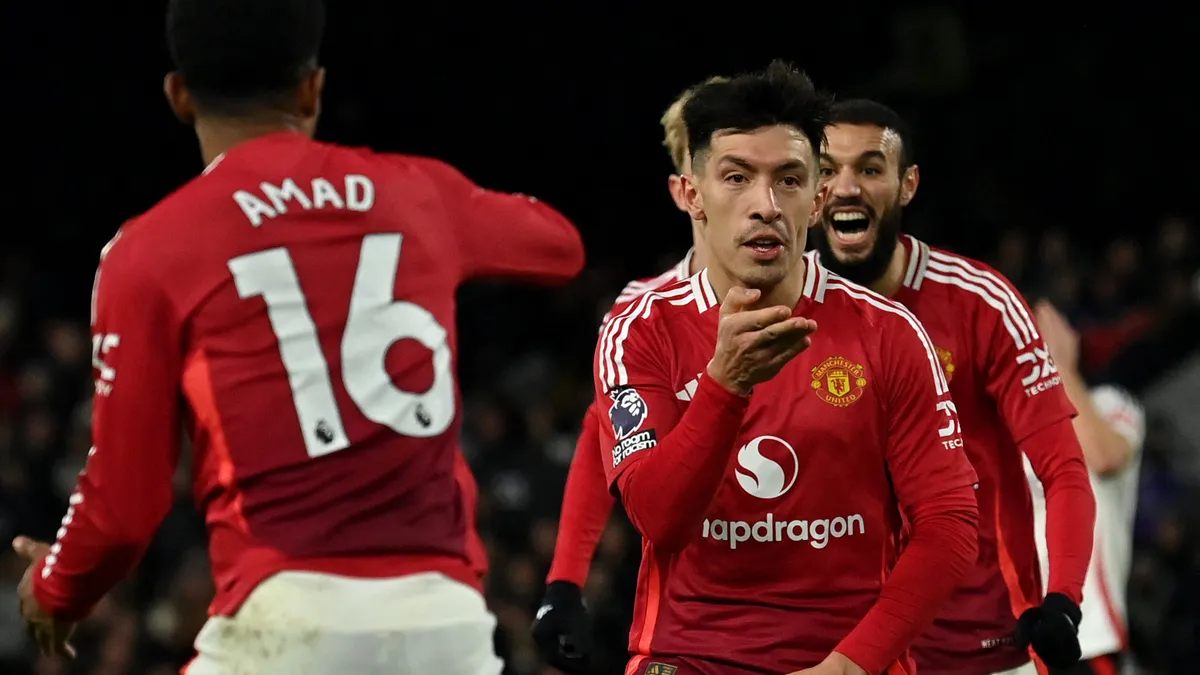
Az MU egyszer találta el a kaput, de egy szerencsés góllal így is nyert
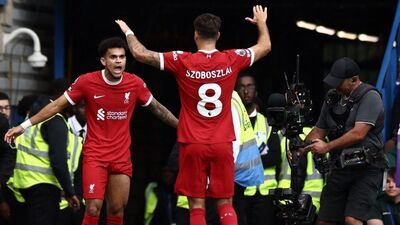
Ez nem hiányzott: Szoboszlai Dominik még egy világsztár miatt aggódhat!
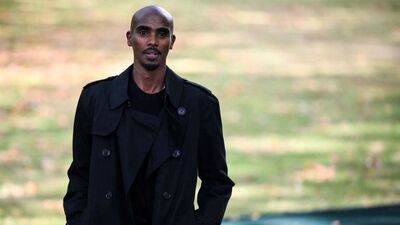
Milliárdokért árulja luxusotthonát az olimpiai bajnok

Villámgyors finomság – az 5 legjobb tejbegrízrecept
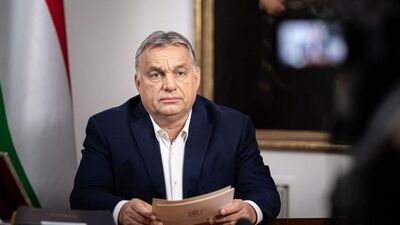
Orbán Viktor elutazik, ezen a helyen magyar kormányfő még nem járt
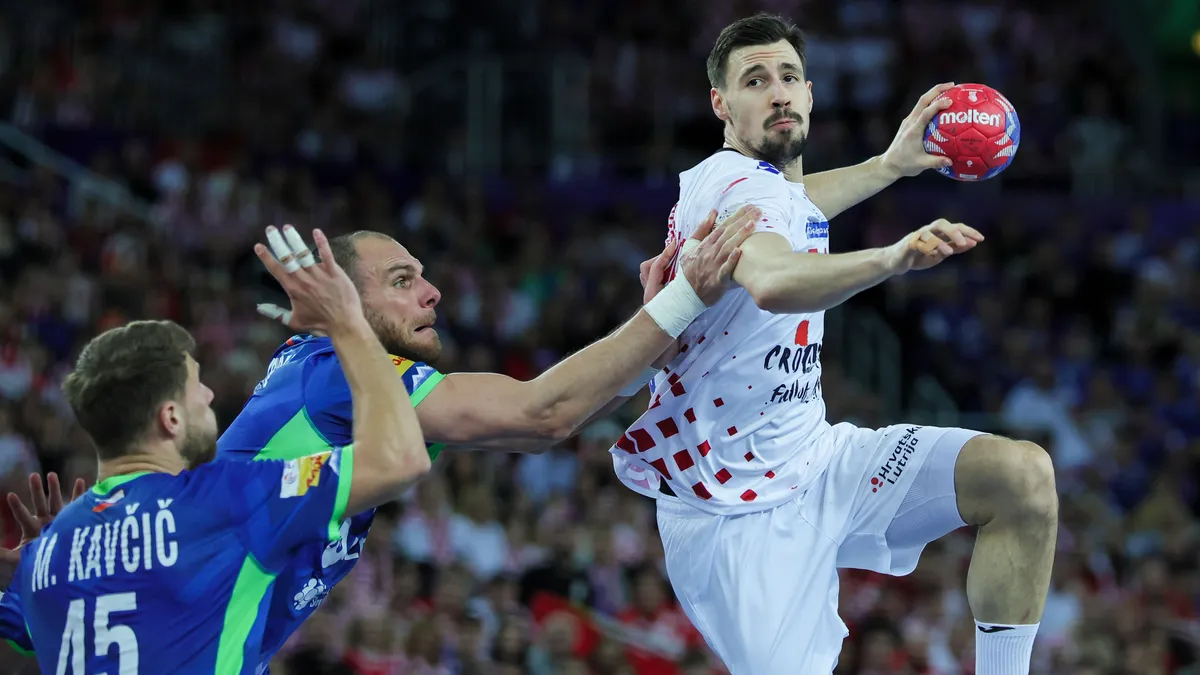
A szlovénokat legyőző Horvátország lesz a mieink negyeddöntős ellenfele kedden 18 órakor a kézi-vb-n
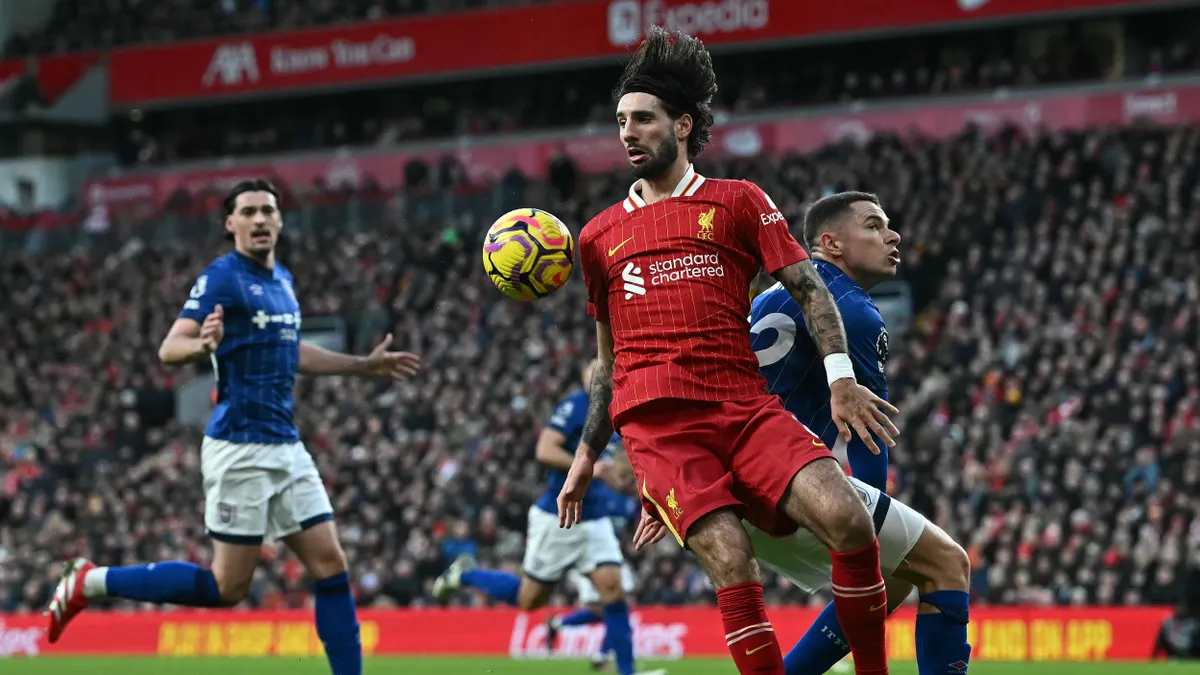
Szoboszlai szenzációs passzán ámul a világ - videó
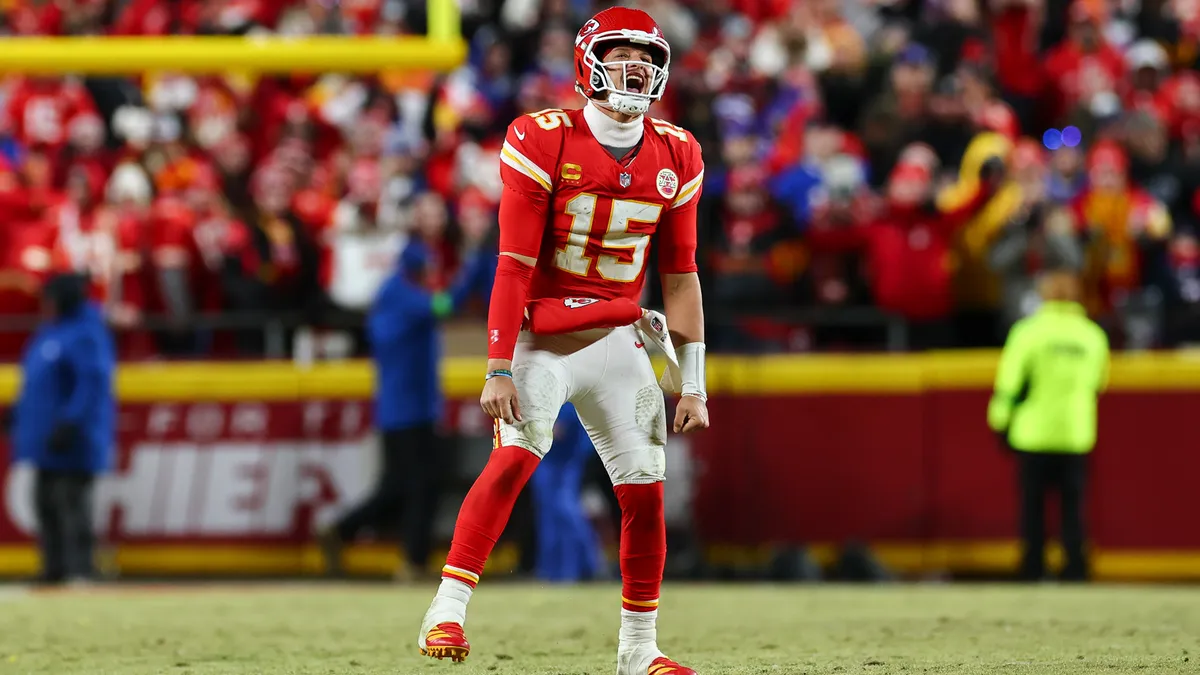
A Chiefs újabb drámai meccsen nyert a Bills ellen – triplázás kapujában a Kansas City!
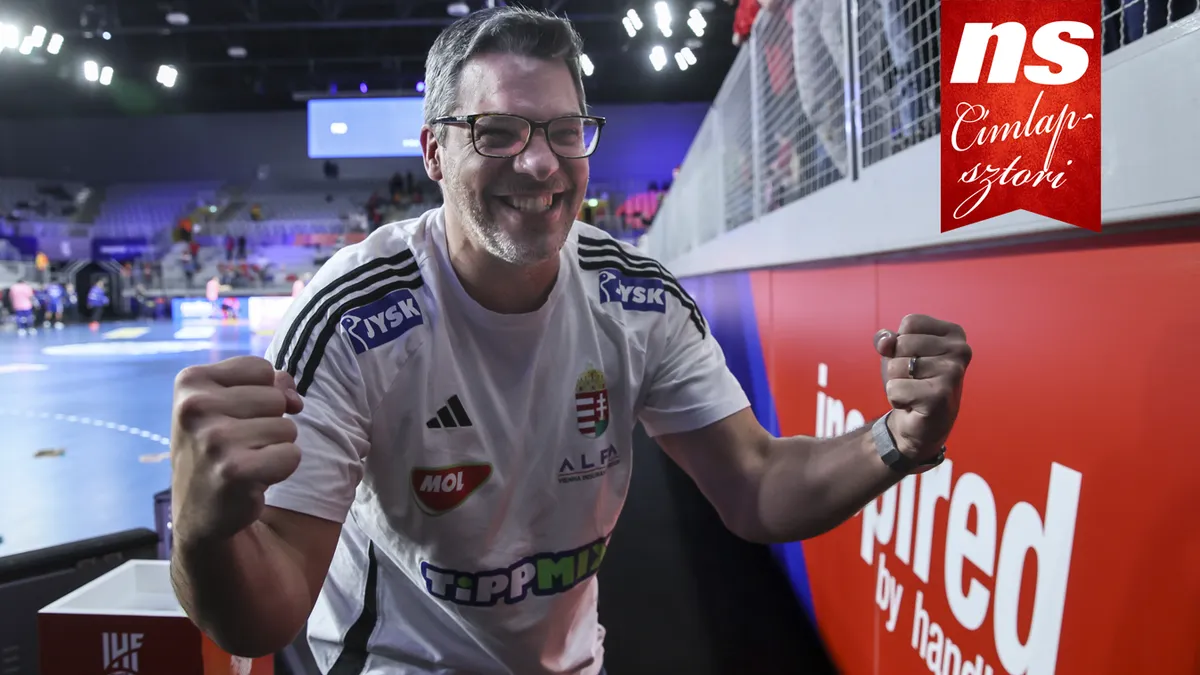
Chema Rodríguez: Óriási dolog, hogy sorozatban harmadszor ott vagyunk a nyolc között
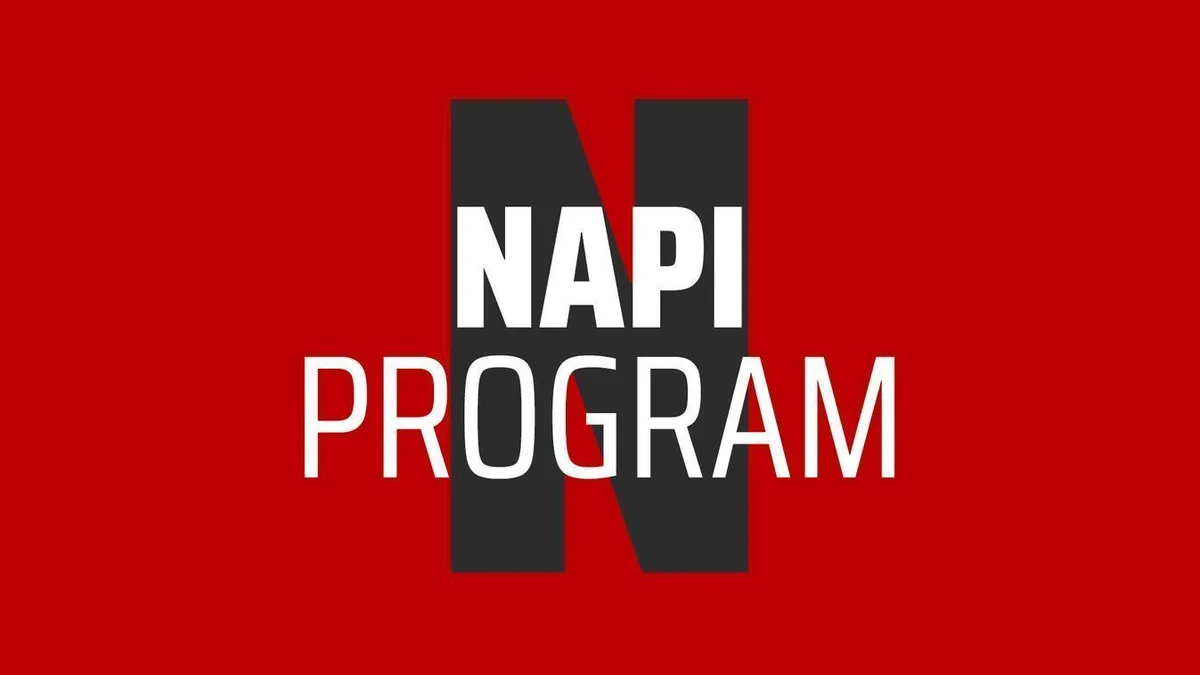
Hétfői sportműsor: olasz, spanyol és angol futball, magyar futsal
